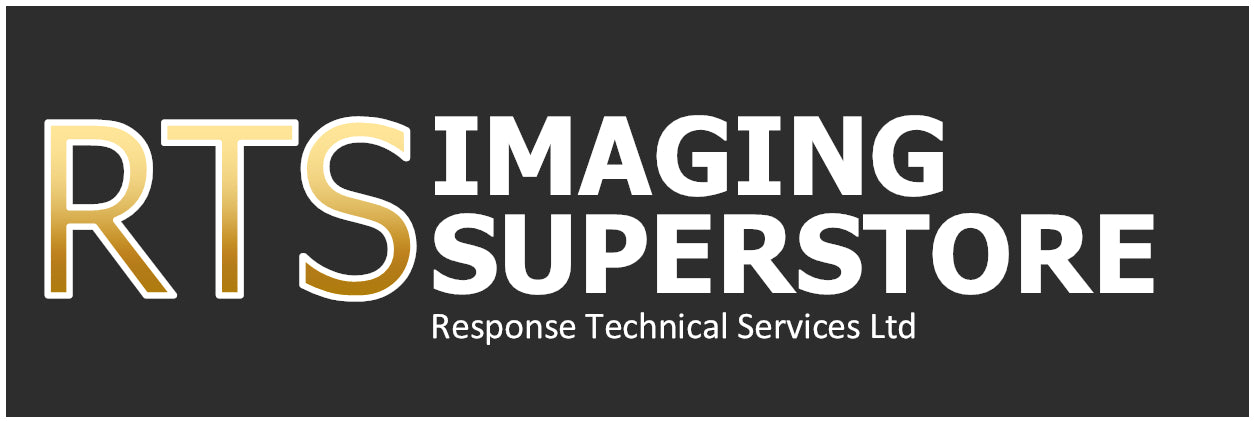Healthcare Brochure
Scanning Solutions for Healthcare
The healthcare industry faces enormous challenges, including rapidly changing regulatory, financial, and technical issues. Electronic medical records (EMR) systems help in addressing these challenges, but organisations should also consider electronic content management (ECM) solutions for even greater improvements in practices and processes.
Skyrocketing costs, historic regulatory changes, patient demands for instant access to their records, GDPR and freedom of information (FOI) concerns, bureaucracy and security concerns—help define the healthcare industry landscape. In recent years, countless medical organisations from small practices to major hospitals have implemented electronic medical record (EMR) solutions to replace inefficient paper-based practices. Indeed the upcoming GDPR that became law last year poses several challenges, not least the ability to be compliant with stricter data protection rules but also to be able to prove it in a court of law.
The Challenges: The pressure on healthcare organisations today is unprecedented.
For decades, the industry has faced constant and growing criticism about costs and as such organisations are constantly being pushed to find ways to cut costs and improve efficiencies. At the same time, providers are continually looking for ways to improve the quality of—and access to—patient care and the information associated with it. This is particularly challenging in an era of patient rights, ubiquitous online connectivity and the information expectations driven by social media and FOI. Patients are more knowledgeable than ever before and are demanding greater participation in their healthcare decisions. Complicating these challenges are new and evolving technology advances such as mobile, cloud, and analytics, which healthcare organisations need to embrace to remain competitive.
The Solution: Joining ECM and EMR
Countless medical providers are implementing electronic medical records systems as one obvious way to cope with challenges of modern medicine. At the level of individual organisations, practices are and can benefit from cost efficiencies and enhanced patient services by digitising their medical records. However, healthcare practices do not run on medical records alone, and EMRs were not designed to handle the broader range of enterprise information that supports these businesses. For example, standalone EMRs are insufficient for reducing operational costs, ensuring full compliance with mandates and guidelines, or improving patient outcomes and engagement. ECM solutions can provide important functionality such as:
• Capturing and creating content in a wide variety of formats, including paper and electronic documents, email, and images.
• Organising information with metadata which is used for indexing and classifying documents
• Enabling collaboration using information that is easily located and shared.
• Expediting search and retrieval of documents for enhanced business processes and better patient services.
• Supporting publication and delivery of documents.
Why ECM is Vital for Healthcare Success
Healthcare is an information-intensive industry, and not just from the myriad types of documents, charts, images, and other data directly related to a patient’s health. For example, there is email and web content, instant messaging, policy procedures, and financial reports. Because a lot of patient information often comes from external sources—paper remains a significant part of the overall mix. Healthcare, as a heavily regulated industry, also produces voluminous policies, reports, and performance measurements. Providers also must adhere to mandates for data security that, if violated, can result in significant penalties. Organisations need systems that will help them securely store and manage regulatory documents.
Additionally, medical organisations are at the forefront of “big data” trends. ECM can help organisations aggregate all content types for their business processes and for their patients, including scanned images, email, imaging files, and financial data. ECM can pull information from diverse information systems such as radiology and laboratory to establish a single repository where content can be accessed or cross referenced. The result is a single point of access to an all-inclusive patient record.
Implementing an Effective ECM Solution
By deploying an ECM system alongside other line-of-business applications, including EMRs, healthcare organisations gain a strategic hub for managing all content that flows through the enterprise. Key benefits include:
• Centralised storage with enhanced security for all information, including patient records.
• Business process agility that can lead to productivity gains and cost savings.
• Enhanced compliance throughout all departments with all regulatory guidelines.
• Faster access to patient information, potentially leading to improved patient outcomes, better patient engagement, and better access to critical information across the care continuum.
• A notable ROI from the ECM investment, with most hospitals reporting a full return on their ECM investment
within 18 months of implementation.
With the benefits and rapid return on the investment, ECM deployments can provide core systems that will allow healthcare organisations to tackle the challenges facing the industry in the coming years.
For more information please contact info@responsets.co.uk
Take A look At Fujitsu Scanners
 0800 328 1088
0800 328 1088
 Mon - Fri From 9am To 5pm
Mon - Fri From 9am To 5pm










